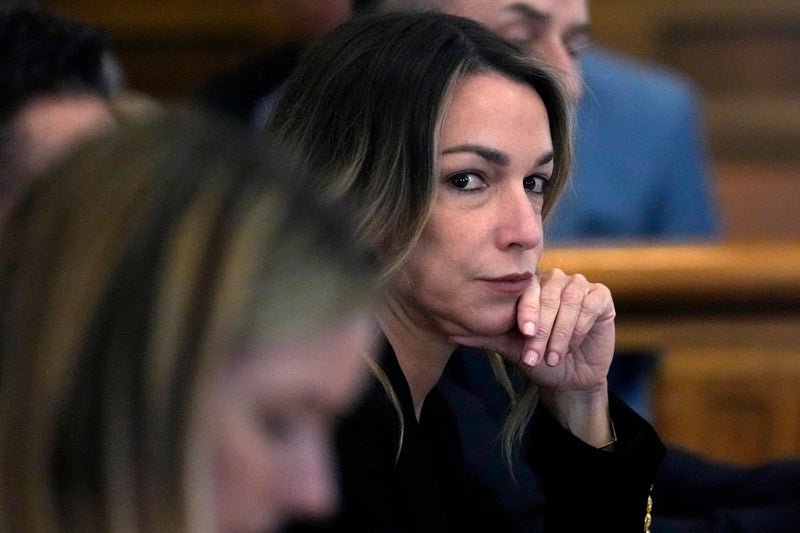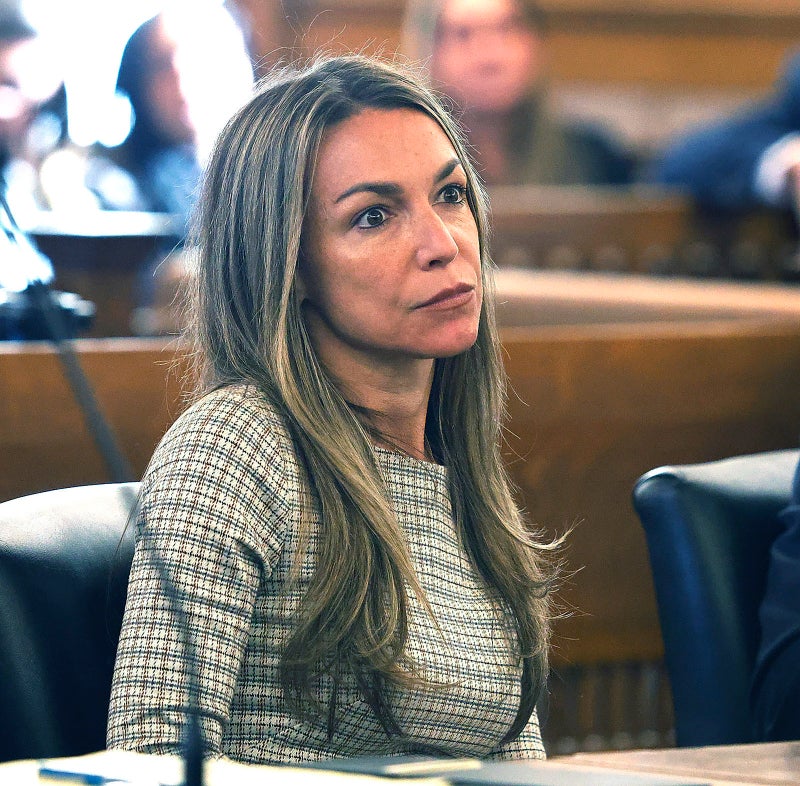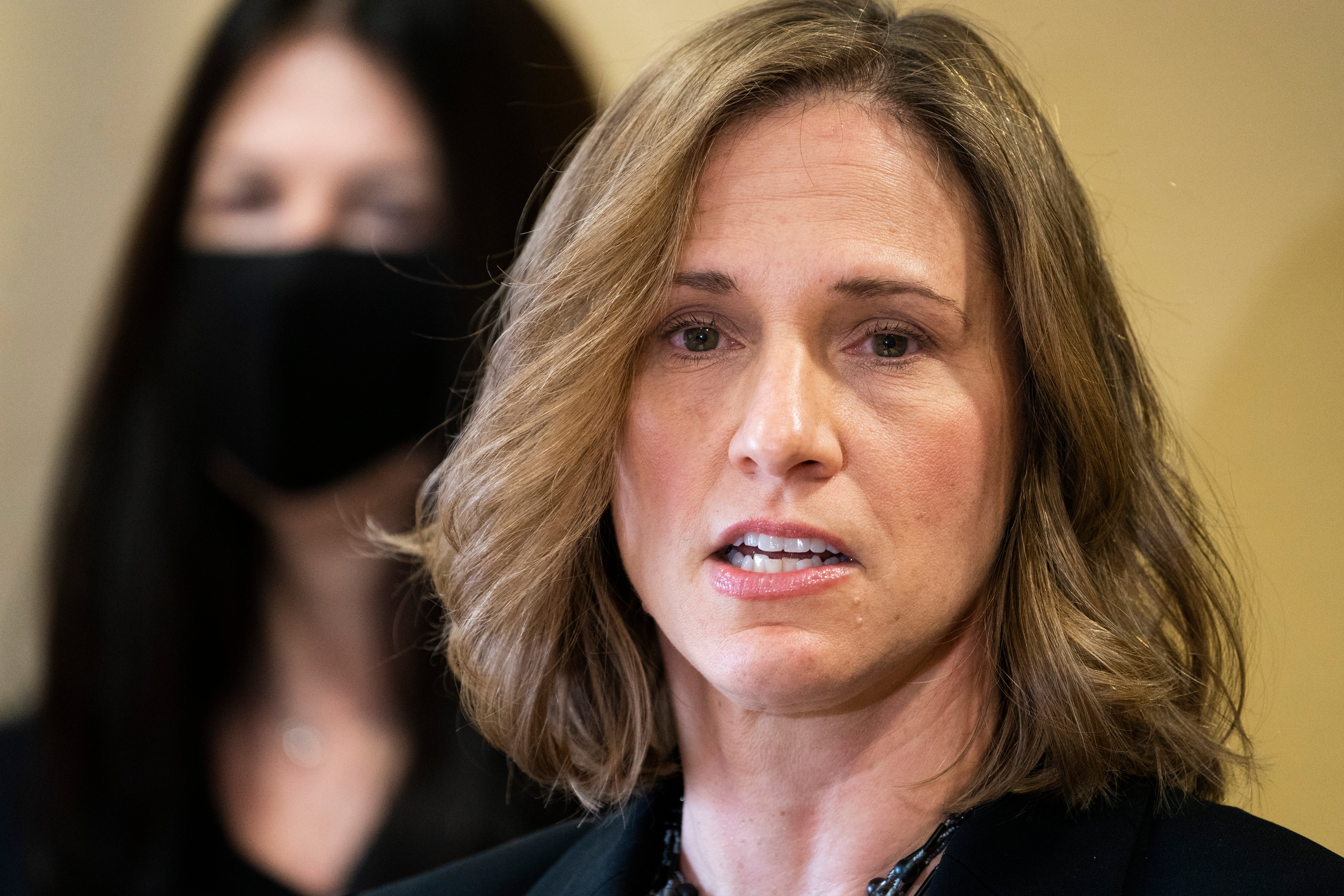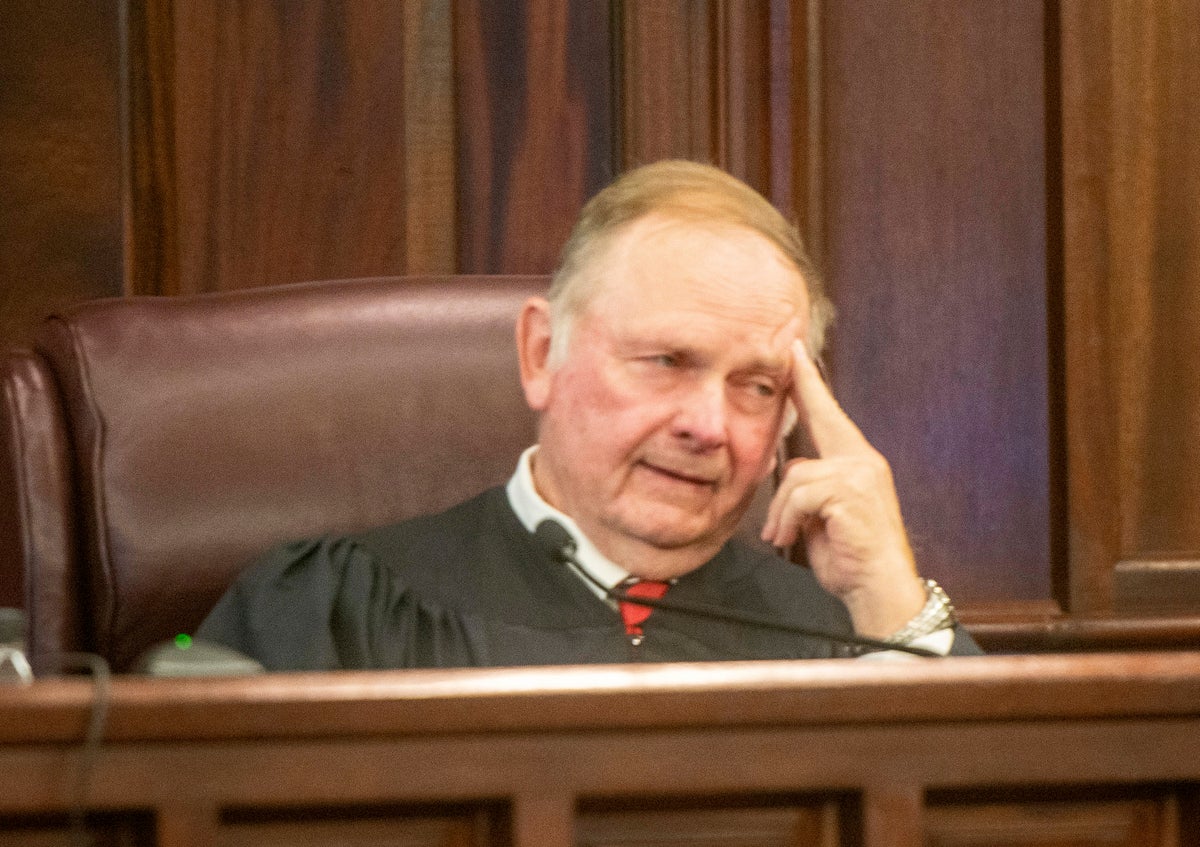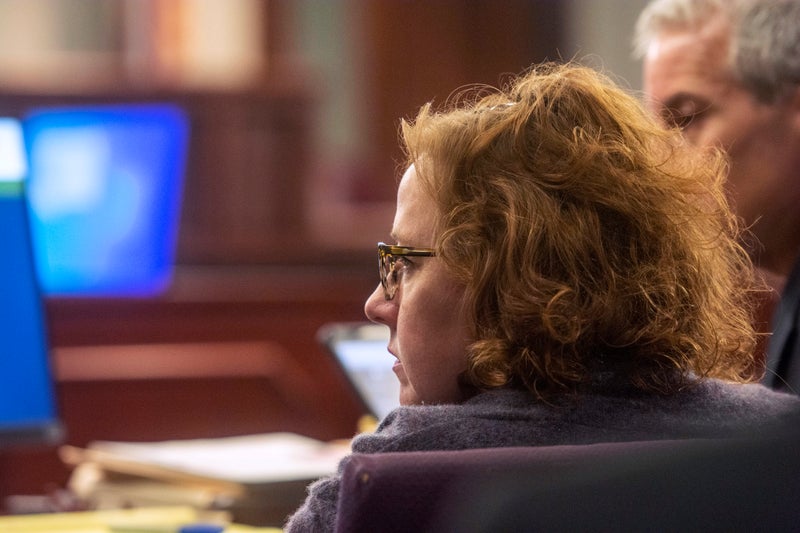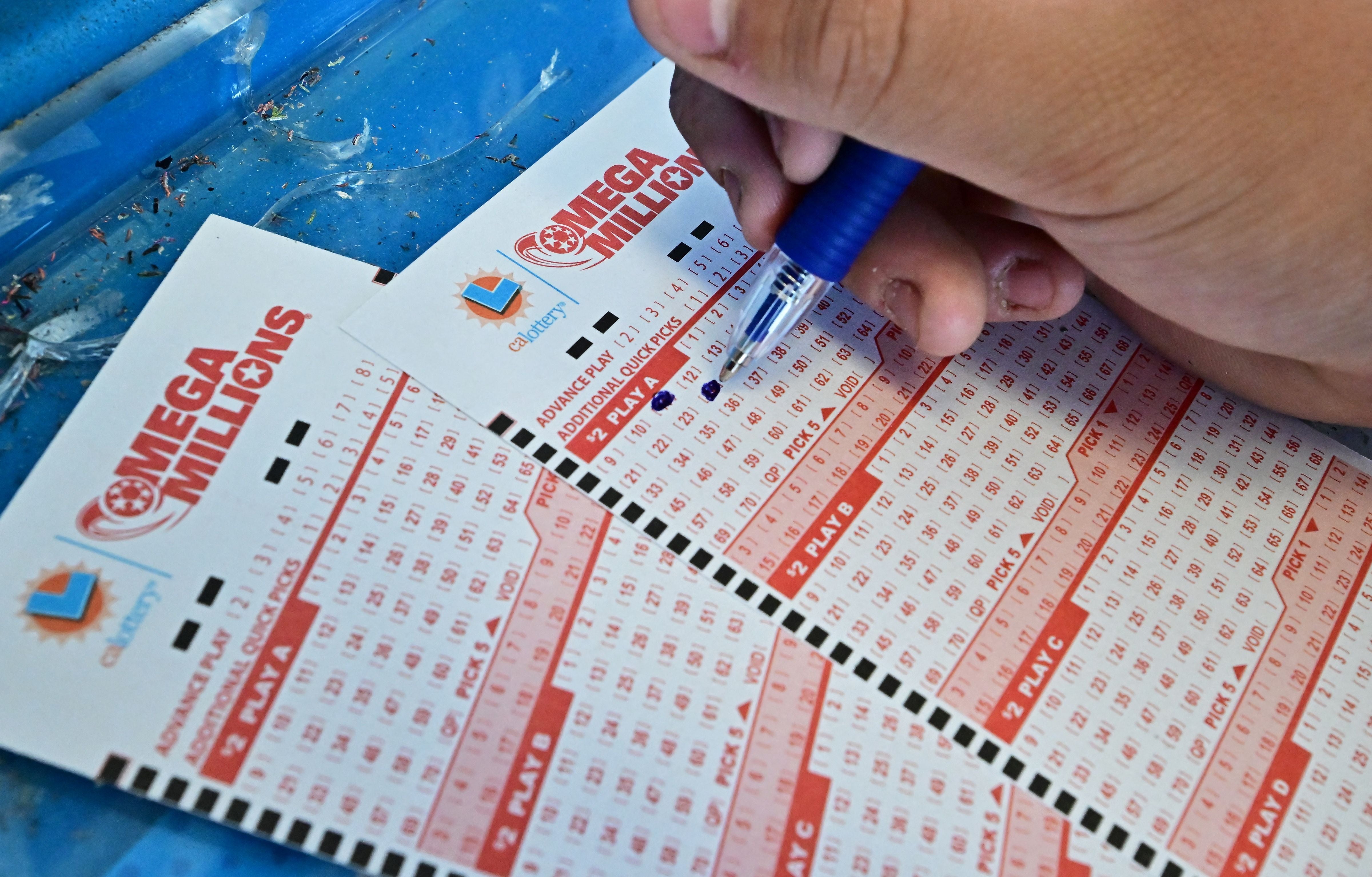Read’s appeal raised the question: “Can posttrial accounts of jurors’ private deliberations that are inconsistent with their public communications in court render the declaration of a mistrial improper, or constitute an acquittal, where the jury did not announce or record a verdict in open court?” the judges wrote.
But the Supreme Court Judicial Court of Massachusetts disagreed with that reasoning, writing: "In sum, we conclude that the trial judge acted within her discretion in declaring a mistrial without first inquiring about a partial verdict or offering defense counsel an additional opportunity to be heard.”.
The court continued: "Considering the length of jury deliberations, the judge's prior efforts to encourage consensus, and the increasingly emphatic tone of the jury notes indicating deadlock, it was clear the jury had reached an impasse.".
When arguing to drop two of the three charges, her attorneys said that some of the jurors post-trial expressed they would have voted to acquit her on the two charges in question.
Additionally, it didn’t appear the jurors were deadlocked on one specific charge, but on all charges, the court said in its ruling.
